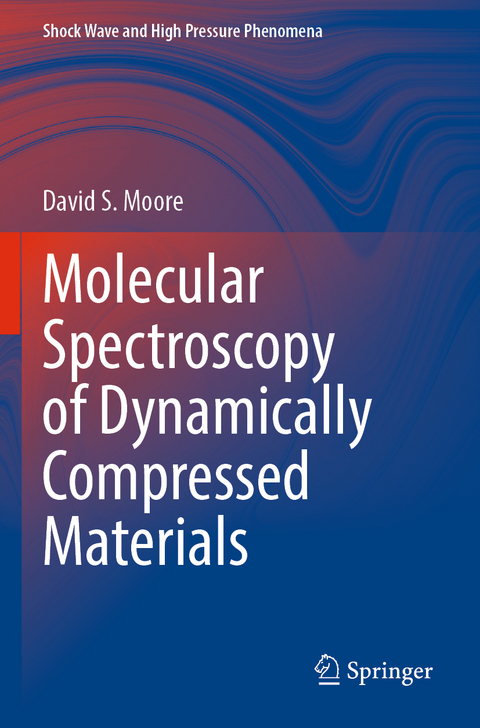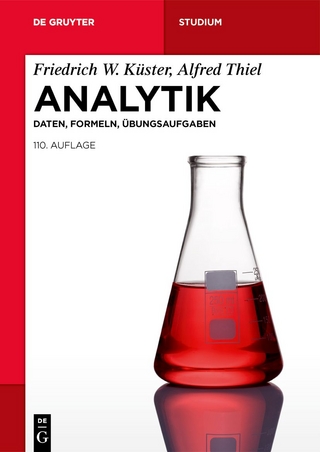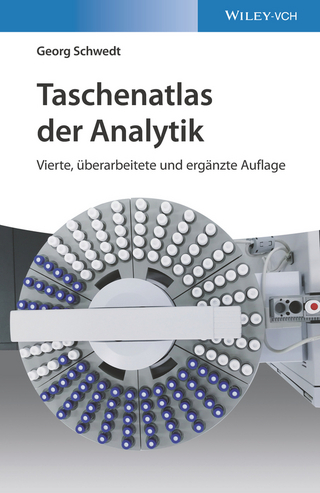
Molecular Spectroscopy of Dynamically Compressed Materials
Springer Verlag, Singapore
978-981-19-2422-4 (ISBN)
David S. Moore is a retired Laboratory Fellow at the Los Alamos National Laboratory (LANL). His work mainly focuses on revolutionary approaches to study shocked materials and detect explosives using a wide variety of molecular spectroscopies. He received his Ph.D. from the University of Wisconsin–Madison in 1980 and was Director’s Postdoctoral Fellow at LANL 1980–1981. He has held a number of management positions at LANL, from Team Leader to acting Division Leader. He was Alexander von Humboldt Fellow at the University of Essen (1993–1994), and led the editorial office of the Fresenius Journal of Analytical Chemistry at Institut Fresenius, Germany (1996–1998). In 1998, he returned as R&D Scientist to LANL, where he established the ultrafast laser shock and diagnostics laboratory to study explosives initiation chemistry and the Los Alamos Collaboration for Explosives Detection. He has contributed to the Analytical Chemistry Division of the IUPAC and the APS Topical Group on Shock Compression of Condensed Matter for many years. He has also been honored with a number of awards and fellowships.
lt;p>1. Introduction
1.1 Motivation1.2 Historical Events
2. Molecular Spectroscopy Basics
2.1 Electronic versus ro-vibrational - molecular information available2.2 Bandwidth broadening mechanisms
2.3 Hotband complications
3. Dynamic Compression Methods
3.1 Explosively driven flyers3.2 Gas gun driven flyers
3.3 Kolsky bar
3.4 Ramp compression
3.5 Laser shock generation
3.5.1 Direct drive
3.5.2 Laser driven flyers
4. Electronic molecular spectroscopy
4.1 UV-visible emission4.2 UV-visible absorption
5. Vibrational spectroscopy
5.1 Infrared absorption5.1.1 Time resolved infrared spectral photography
5.1.2 Ultrashort laser methods
5.2 Raman
5.2.1 Stokes / anti-Stokes Raman temperature measurement
6. Coherent Raman methods
6.1 Stimulated Raman6.1.1 Stimulated Raman temperature measurement
6.2 Inverse Raman
6.3 Coherent anti-Stokes Raman
6.4 Raman induced Kerr effect
6.5 Interference methods
7. X-ray methods
7.1 EXAFS7.2 XANES
8. A look to the future
| Erscheinungsdatum | 07.07.2023 |
|---|---|
| Reihe/Serie | Shock Wave and High Pressure Phenomena |
| Zusatzinfo | 57 Illustrations, color; 109 Illustrations, black and white; XIX, 233 p. 166 illus., 57 illus. in color. |
| Verlagsort | Singapore |
| Sprache | englisch |
| Maße | 155 x 235 mm |
| Themenwelt | Naturwissenschaften ► Chemie ► Analytische Chemie |
| Naturwissenschaften ► Physik / Astronomie ► Atom- / Kern- / Molekularphysik | |
| Technik ► Maschinenbau | |
| Schlagworte | Coherent Raman spectroscopy • Detonation Initiation • Electronic Molecular Spectroscopy • Shock Compression in Molecular Materials • Shock-Induced Chemistry • Shock Physics in Condensed Matters • Spectroscopy in Shock Compressed Materials • vibrational spectroscopy • X-ray absorption fine structure |
| ISBN-10 | 981-19-2422-8 / 9811924228 |
| ISBN-13 | 978-981-19-2422-4 / 9789811924224 |
| Zustand | Neuware |
| Informationen gemäß Produktsicherheitsverordnung (GPSR) | |
| Haben Sie eine Frage zum Produkt? |
aus dem Bereich


